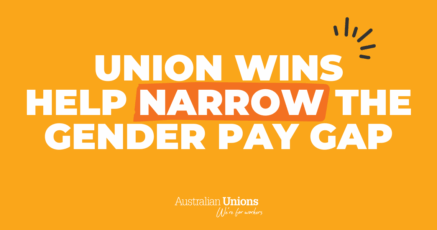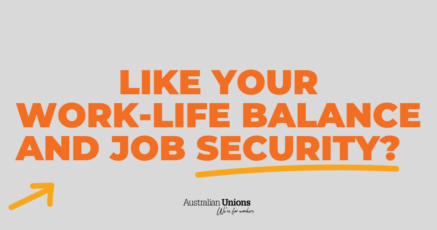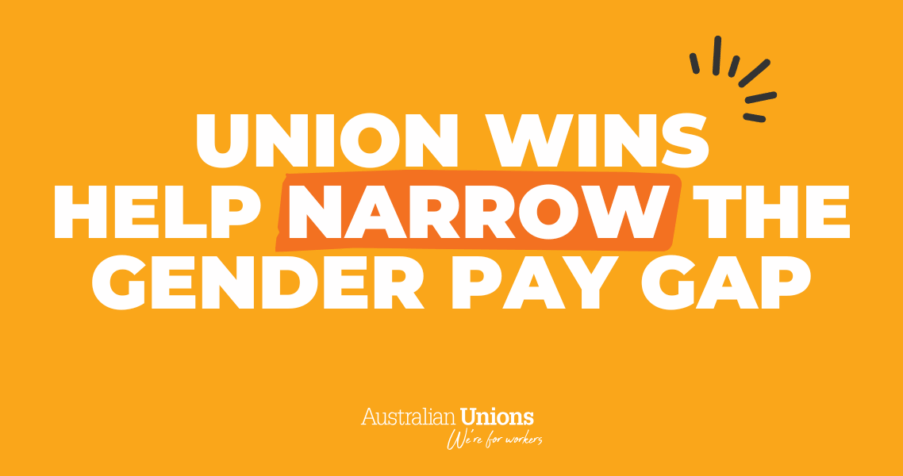A safe workplace seems like it should be the bare minimum right for all workers but up until this week it wasn’t acknowledged as a right for all workers worldwide.
After years of campaigning by workers across the globe, the fundamental right to a healthy and safe workplace has been recognised in international law at this year’s International Labour Conference in Geneva.
This principle now sits alongside the right of freedom of association and the right to collective bargaining, the elimination of forced labour, the abolition of child labour, and the elimination of discrimination in respect of employment and occupation.
It is the first time a right has been added since 1998 – a historic decision and direct response to risks faced by workers before, during, and since the 2020 COVID-19 pandemic.
So who made this decision and how does it affect workers? The International Labour Organization (ILO) is a United Nations agency that meets every year bringing together employers, workers and countries in the UN to address the needs of working people.
Each year the conference tackles a range of issues, including employment of young people and children, national development programs, conditions such as wages and leave, protection of migrants and more.
The ILO encourages trade unions, governments, and employers to discuss international labour standards. At the ILO, workers and employers have an equal voice with governments.
The first international convention adopted by the ILO established the eight-hour work day – so the outcomes can be momentous.
It is momentous but what does this new right mean? It is estimated that in the Asia Pacific region there are more than 1.1 million deaths each year from work related trauma or disease; this number is likely to be much higher in reality, due to underreporting.
In Australia 200 workers die at work each year. A further 5,000 workers will die from occupational diseases including asbestos related disease and silicosis.
The COVID-19 pandemic also exposed the existing lack of safeguards for workers. Fewer than one-in-six countries had a national policy on healthy and safe working environments in the health sector – and in the first 18 months of the pandemic, about 115,000 health care workers died.
So what is next? ACTU President Michele O’Neil emphasised that, although this was an incredible achievement, more work needed to be done to improve occupational safety and health.
This includes the need for a shift in focus from just physical injury to a broader understanding which encompasses the importance of psychosocial safety in the workplace, and bringing an end to gender-based violence and harassment.
Michele highlighted the fact that making healthy and safe workplace a fundamental working right means, “we are finally taking seriously the responsibility to prevent tragedies like Rana Plaza – where over 1100 garment workers in Bangladesh, mostly women and girls, lost their lives.”
“Health and safety at work goes beyond physical injuries and includes risks to workers’ psychological health. Work-related mental health conditions are the fastest growing injury type in Australia. Our work must include eliminating psychological risk factors including, high workloads, poor work support as well as gendered violence and harassment if we want to continue making work safe and healthy.”
“Our work isn’t done until every worker comes home safe.”
Unions have always fought to protect workers’ safety. And having a union in the workplace makes workers safer. A 2015 Canadian study showed that unionised workers in construction are “almost 30% less likely to suffer critical injuries” than those who lack representation.
This new fundamental right is a huge step towards protecting workers health and safety – but workers having a voice ensures that this right will always be upheld.






SHARE:
Workers across the world win a new fundamental right